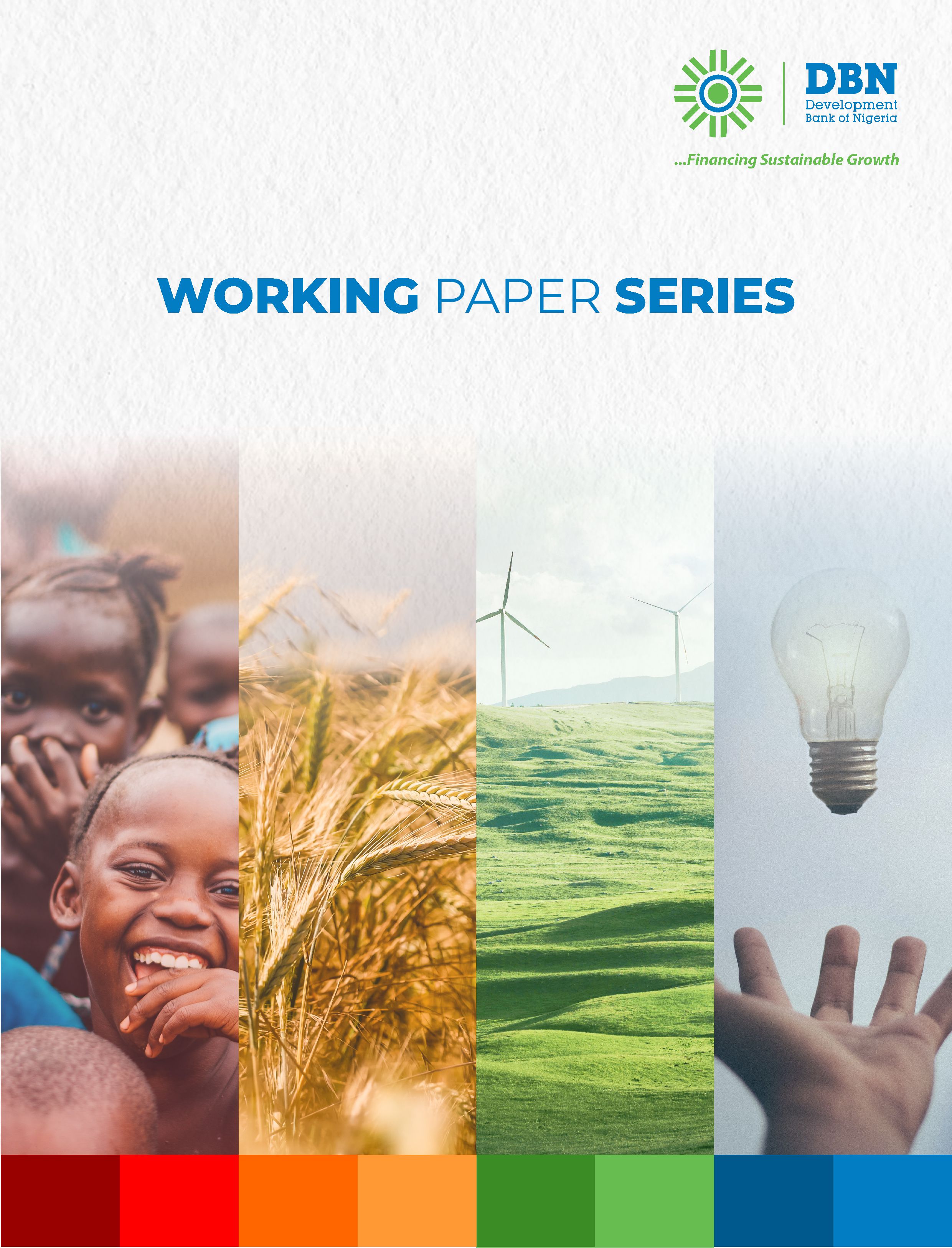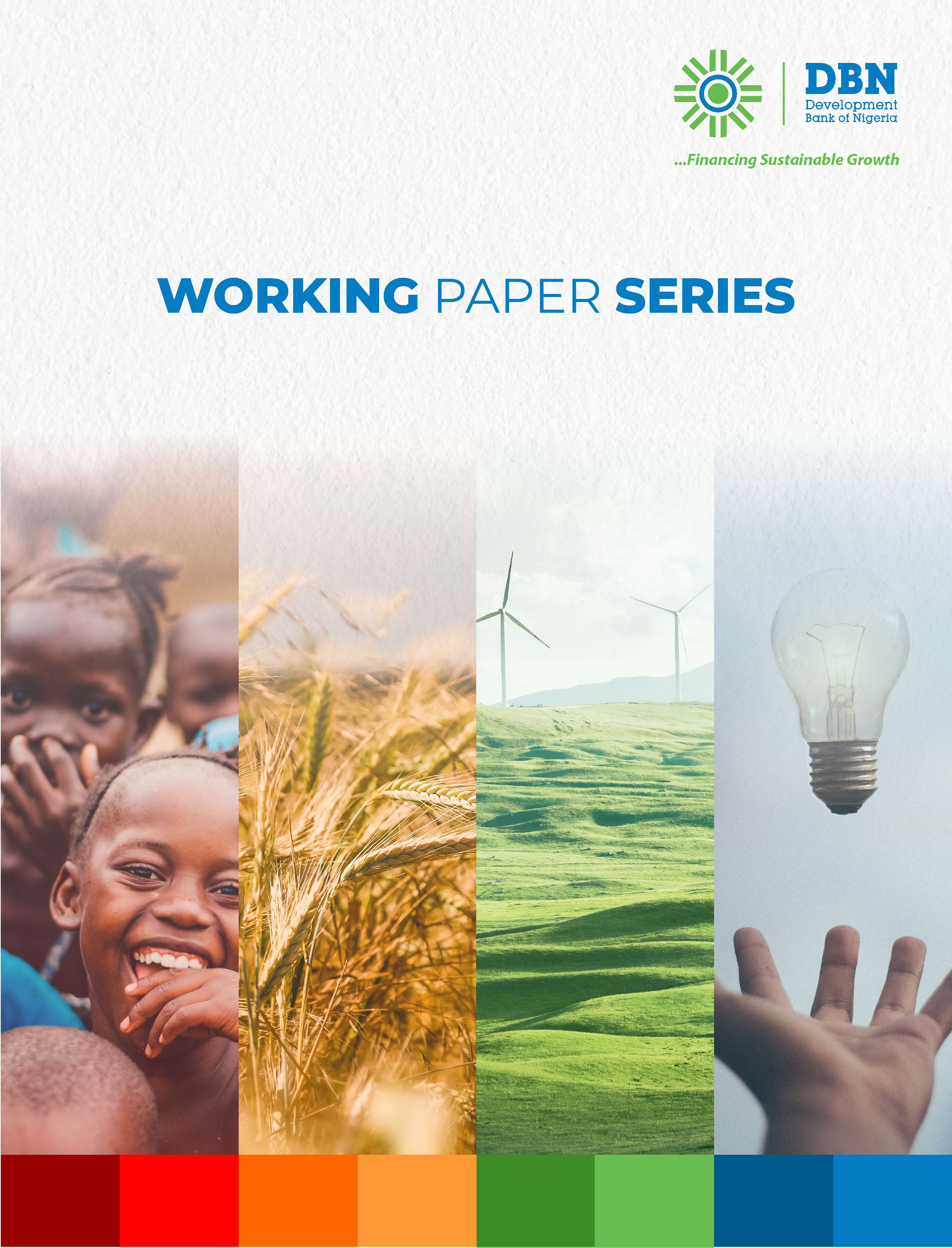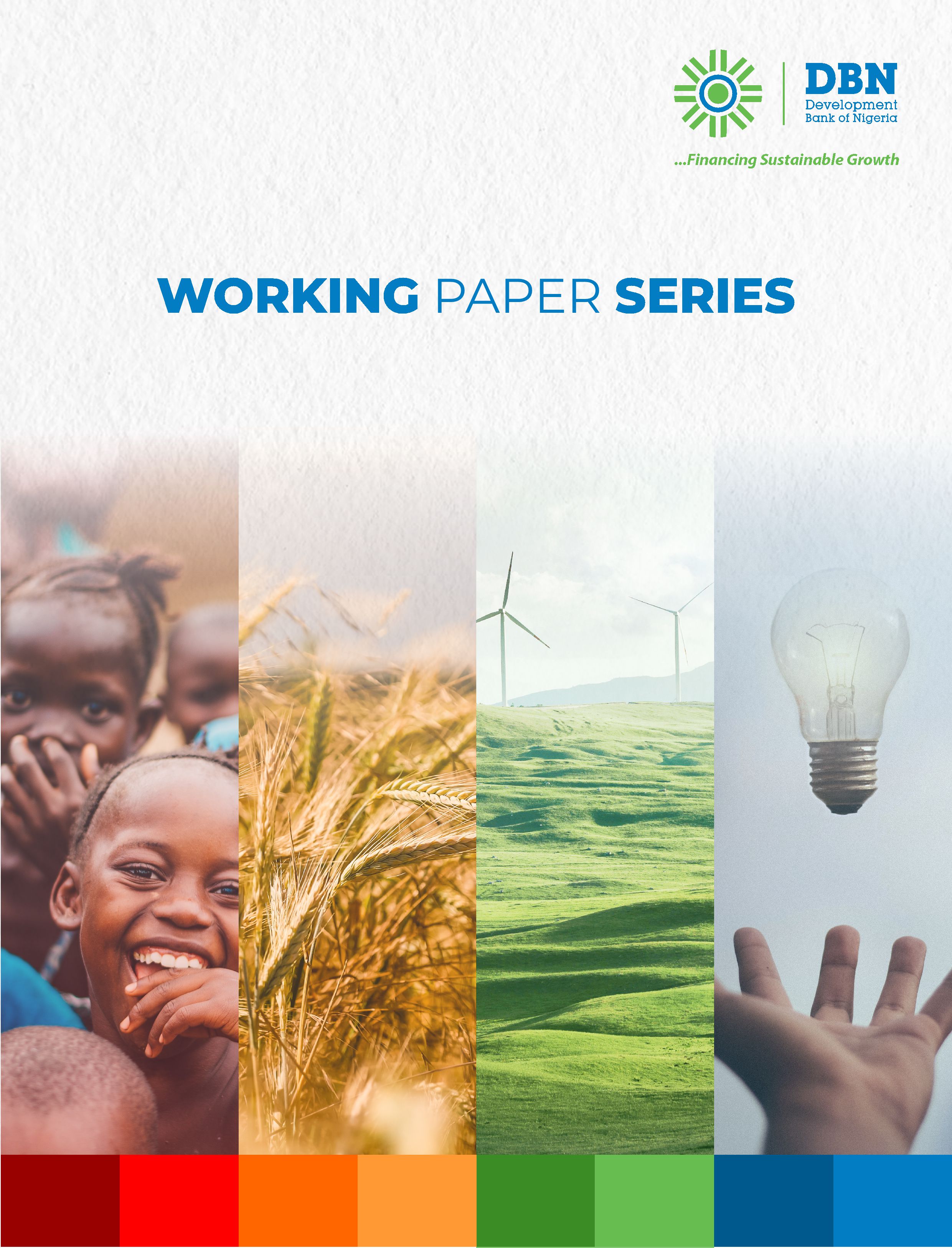
Publication Information
Published by: Admin
Published: 2 years ago
View: 290
Pages: 30
ISBN:
Abstract
This study complements existing literature by examining the short-run heterogeneous and long-run homogeneous impacts of foreign direct investment (FDI) and international trade on ecological footprints in 37 African countries for the period 1990 to 2019. Utilizing the pooled mean group estimator, our findings show considerable heterogeneity in the impact of FDI and international trade on ecological footprints in the short run. In particular, the findings revealed that while FDI increases ecological footprints in Botswana, Egypt, and Mauritania, it reduces ecological footprints in Algeria, Comoros, Gambia, and Togo. Furthermore, the findings revealed that international trade increases ecological footprints in Cameroon, Cote d'Ivoire, and Eswatini but reduces ecological footprints in Algeria, Mauritania, and Morocco. Nonetheless, the study finds that in the long run, FDI significantly reduces ecological footprints while international trade has no significant influence on the environment. The study further finds economic growth and population to be significant in propping up ecological footprints in the long run. Policy recommendations based on these findings are discussed.
Simplice A. Asongu Prof
Chimere O. Iheonu Mr.
Ekene T. Emeka
Princewill U. Okwoche
Related Publications


VOLUME 6 ISSUE 1 2023
FOREIGN INVESTMENT, INTERNATIONAL TRADE AND ENVIRONMENTAL SUSTAINABILITY - EXPLORING ECOLOGICAL FOOTPRINTS IN 37 AFRICAN COUNTRIES

